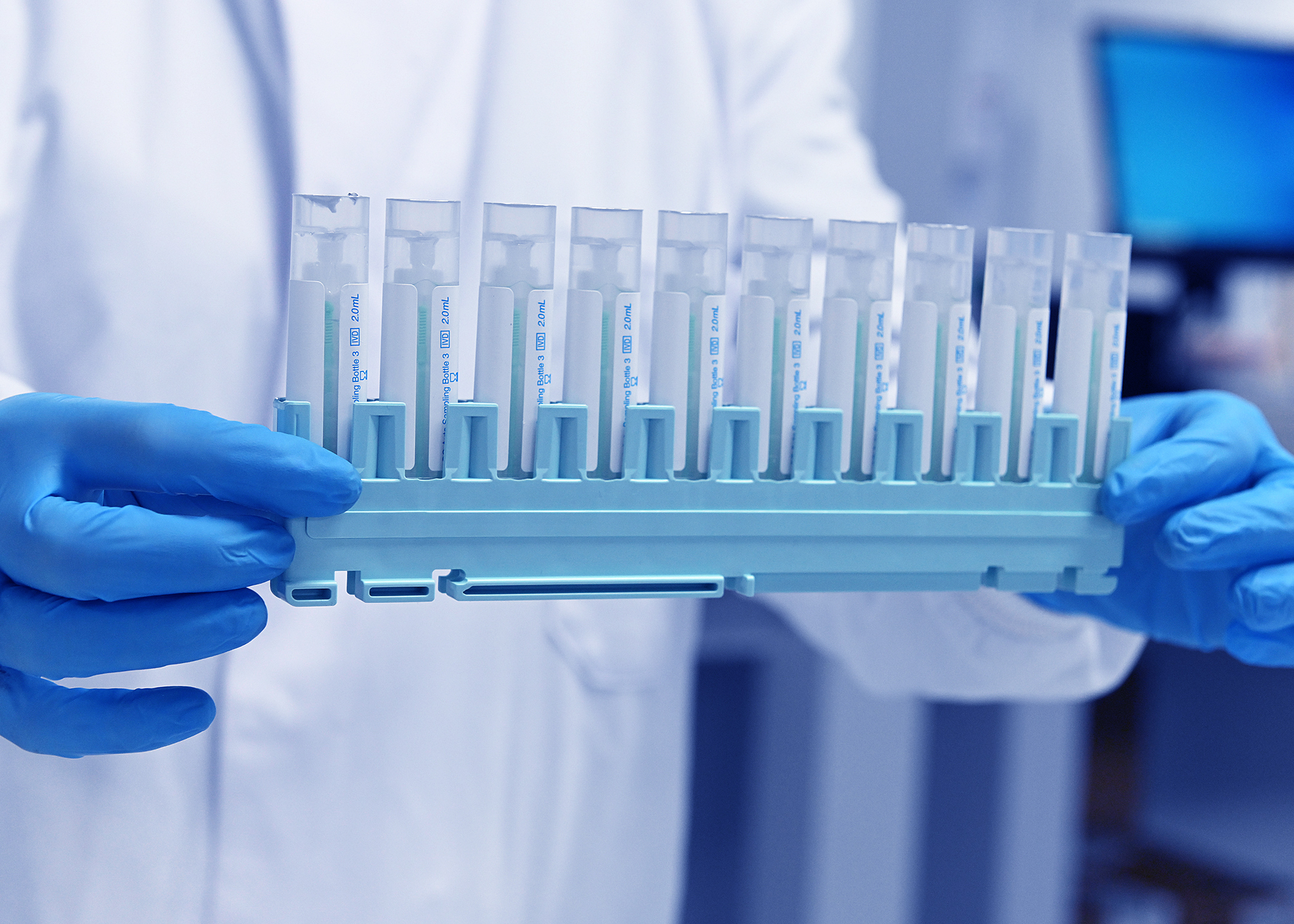However, if the balance of bacteria in the gut is disturbed, such as following antibiotic treatment, the bacteria may multiply and produce toxins which can lead to illness. Symptoms range from mild diarrhoea to severe C.difficile colitis.
In 2020, more than 1700 laboratory confirmed cases of C.difficile infection were reported in Ireland. Outbreaks of C.difficile can occur in health and residential care settings. Prompt diagnosis of this infection allows for rapid treatment and implementation of infection prevention and control precautions. C.difficile is a notifiable disease.







